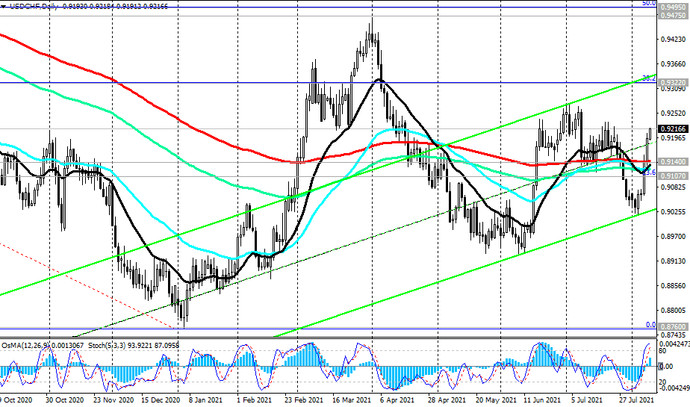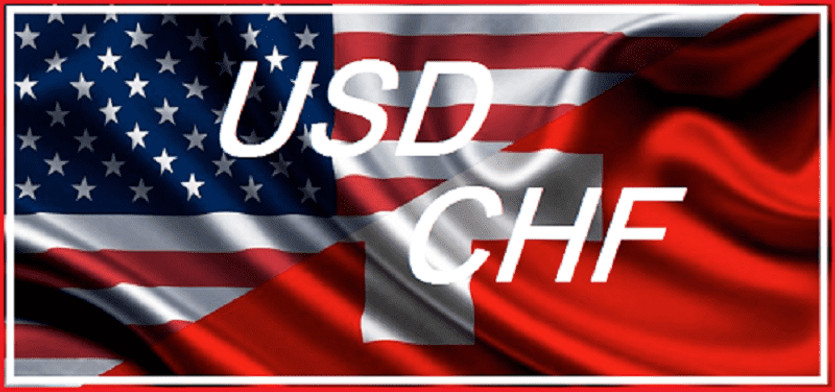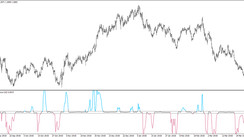The scenario for further strengthening of the dollar receives new arguments. Last week, and before the publication of the US Department of Labor report on Friday, which surpassed the bold forecasts of economists, the representative of the Federal Reserve and FOMC member Richard Clarida hinted that the US central bank is considering the possibility of reducing the size of existing stimuli already this year due to the risks of growing inflation.
And so, two more Fed governors recently announced their propensity for tougher policies. Federal Reserve officials Rafael Bostic and Eric Rosengren, citing strong employment data, announced the possibility of the soon start of the curtailment of the asset purchase program. In their opinion, the curtailment of stimulus may begin as early as September, if the data on employment continues to indicate a warming up of the economy.
As the US Department of Labor said on Monday, the number of open vacancies rose in June to 10.073 million from 9.483 million (economists forecast a decrease to 9.281 million). Thus, the number of job vacancies in the US economy reached a new record high in June (since the start of such statistics in 2000) and exceeded the number of unemployed job seekers, which was another signal of the strengthening of the labor market.
The DXY dollar index continues to rise after a strong strengthening last Friday amid the publication of the US Department of Labor report, moving towards the July high of 93.19, which, in turn, corresponds to the levels of 4 months ago.
Market participants are building up long positions in the dollar in anticipation of the Fed's actions after strong data on the US labor market, which increased the chances of monetary tightening this year.
It is likely that the dollar will maintain its won positions even if the Fed leaders do not give clear signals in favor of tightening monetary policy during the symposium in Jackson Hole, which will be held August 26-28, and remain neutral in their statements on this matter.
The dollar, while remaining a protective act, is also in demand amid the ongoing spread of the coronavirus.
So, according to the latest data, the number of newly detected cases of infection in the United States per day again exceeded 250 thousand people. In other regions of the world, authorities are forced to introduce new quarantine measures after fixing another anti-record for COVID-19 infections.
The dollar seems to outperform even other traditional defensive assets in this respect, such as gold, yen, franc.
As for the Swiss franc, in addition to the dollar, it continues to decline against other major currencies. On Monday, the Swiss State Secretariat for Economic Affairs (SECO) released data on the state of the labor market, according to which unemployment in July was at 3.0%, down 0.1% from previous values. Seasonally adjusted unemployment was 2.8%, which is also a positive factor for the franc.
The Swiss National Bank left its key rate at -0.75% earlier in June. Despite the increase in GDP growth forecast, the leaders of the SNB have hardly changed the text of their statement, reiterating that the value of the Swiss franc is "high" and reaffirming their willingness to intervene in the foreign exchange markets if necessary. Economists also believe the SNB will not raise interest rates until at least 2025, and in any case, it will not do so before the European Central Bank.
The super-soft policy of the NBS and the risks of currency interventions on its part with selling the franc restrain the franc, which traditionally enjoys the status of a defensive asset, from its stronger strengthening, and the growth of the dollar over the past few weeks creates prerequisites for further growth in the USD / CHF pair. As of this writing, it is traded near 0.9216 mark, maintaining positive momentum in the zone above the long-term important support level 0.9140 (see Technical Analysis and Trading Recommendations).

Although uncertainty about the Fed's future actions still remains, inflation, which shows the highest growth rates in almost 30 years, and the improvement in the labor market, sooner or later, will force the FRS leaders to start phasing out stimulus programs, and this is a strong positive factor for dollar, which could lay the foundations for a long-term period of its strengthening. At least, from the representatives of the Federal Reserve System there are more and more signals about the likelihood of developing just such a scenario.





